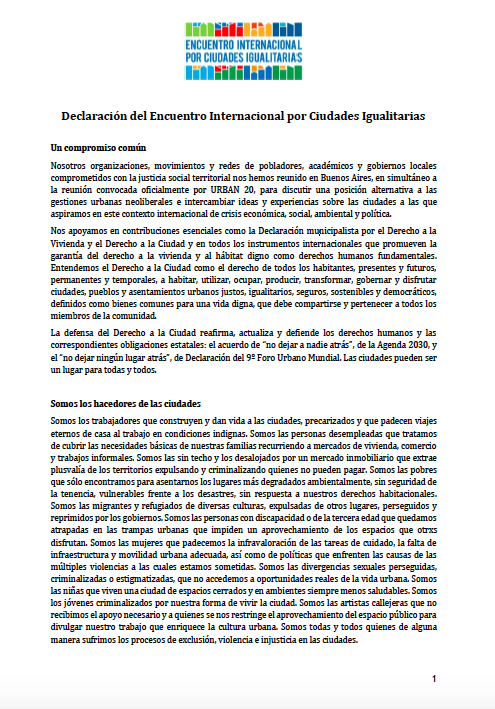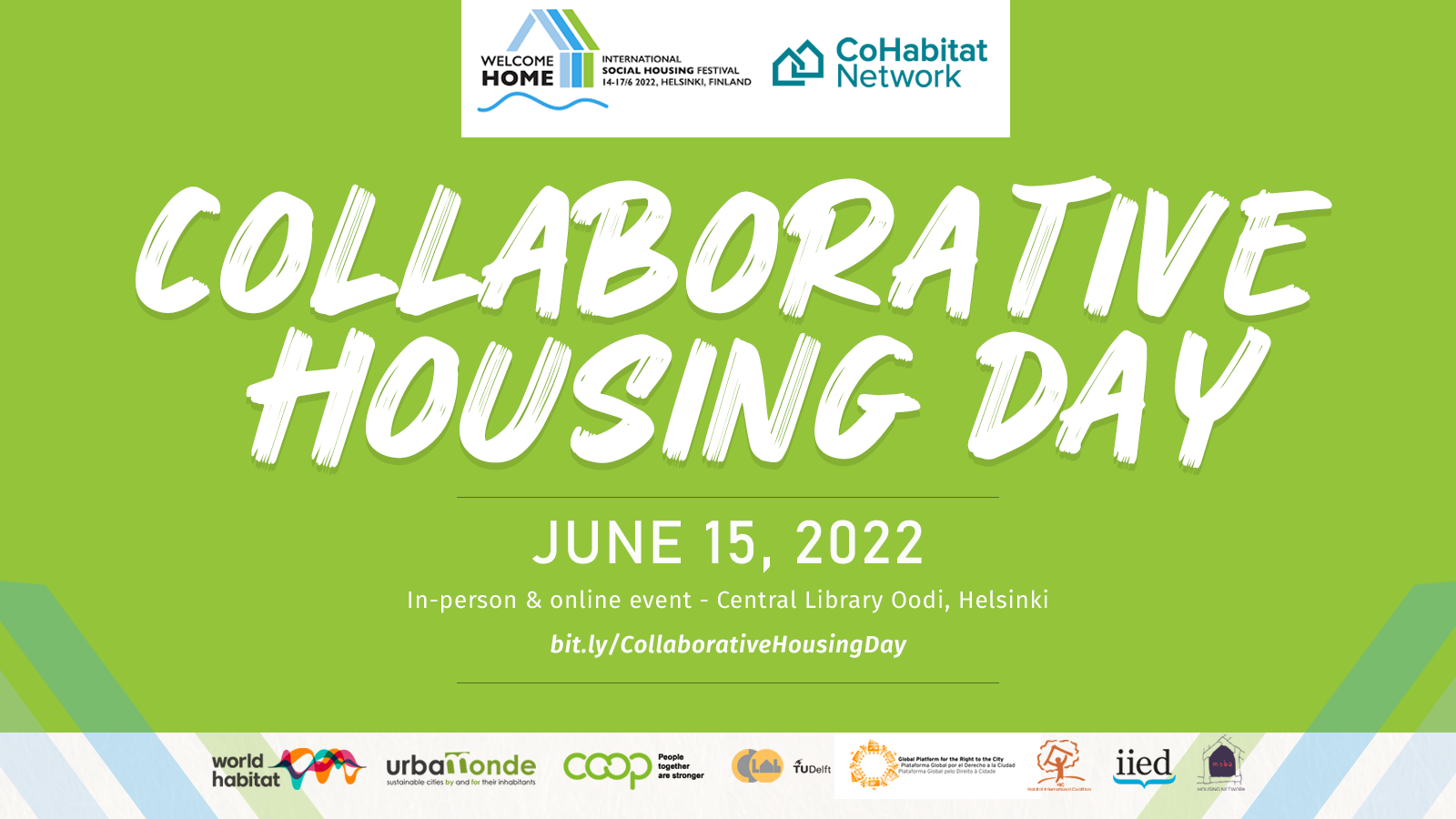In order to deal with the phenomenon of expansion in spontaneous housing areas, the Ivory Coast authorities launched a pilot operation to re-structure a precarious housing district in the context of the bi-lateral framework set up in 1985 by the Ivory Coast and USAID.
This operation, which was launched in 1987, was located in Sokoura, a district on the immediate outskirts of the city of Aboisso, in the South-East of the Ivory Coast. In 1987, the zone under study had around 7,000 inhabitants made up of 7 nationalities and dominated by foreigners; it was characterized by its precariousness both in terms of land tenure and public infrastructures. As a result, the population of this district felt rejected by the rest of the city.
The objectives of the project were therefore:
-
to ensure the security of the inhabitants land tenure,
-
to integrate the district into the socio-economic life of the city as a whole,
-
to promote the populations involvement in ideas for improving the districts environment.
The major partners in this project were:
-
The Ministry of Construction and Urbanization, central project management,
-
the municipality of Aboisso, local project management,
-
the Head Office for Control of Major Construction Projects (CGTx), technical project management
-
the French Association of Volunteers for Progress (AFVP), social project management
-
Grass-Roots Community Organizations (CBOs), representing the interests of the population as a whole,
-
decentralized State structures,
-
formal and informal private entrepreneurs.
The major protagonist in the project was the AFVP. On the recommendation of the other institutional groups, this organization was requested by the municipal authorities to ensure the social involvement of the districts population and to promote their participation in the projects application. However, it rapidly came to play the supplementary role of intermediary between the parties involved, who ignored or snubbed one another according to their individual interests and in their own particular ways.
This project, among the first of its kind in the Ivory Coast and therefore does not benefit of reference points of experience, has been dogged by conflict, stumbling-blocks, etc, and these factors have not assisted the projects favorable management. Nonetheless, the experiment has made it possible for the different partners, particularly the AFVP and the institutional associates, to capitalize on the approach in order to reproduce it better in other sites at the national level.




